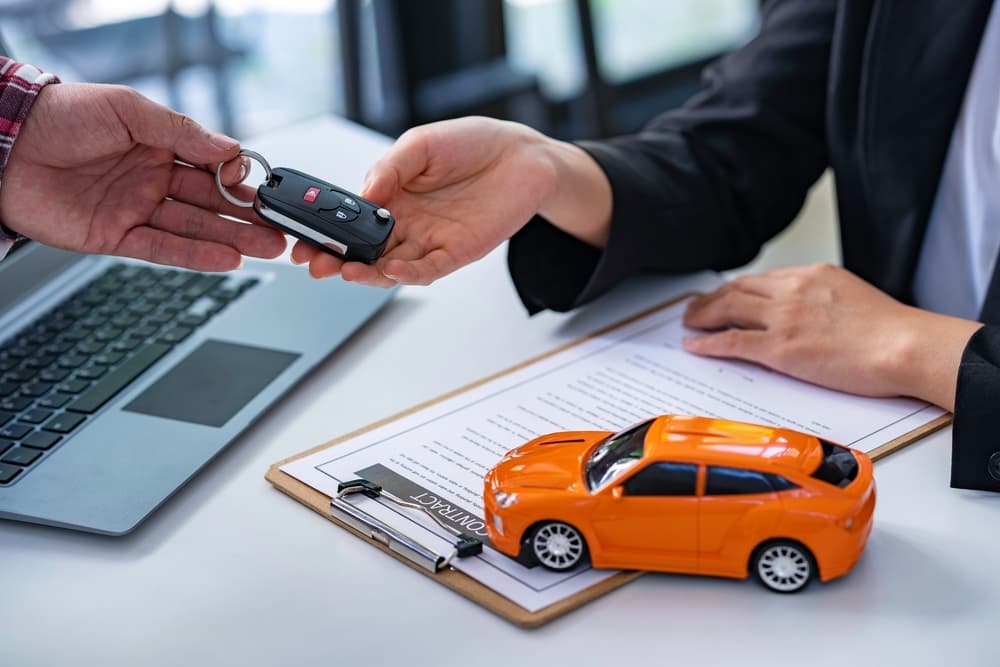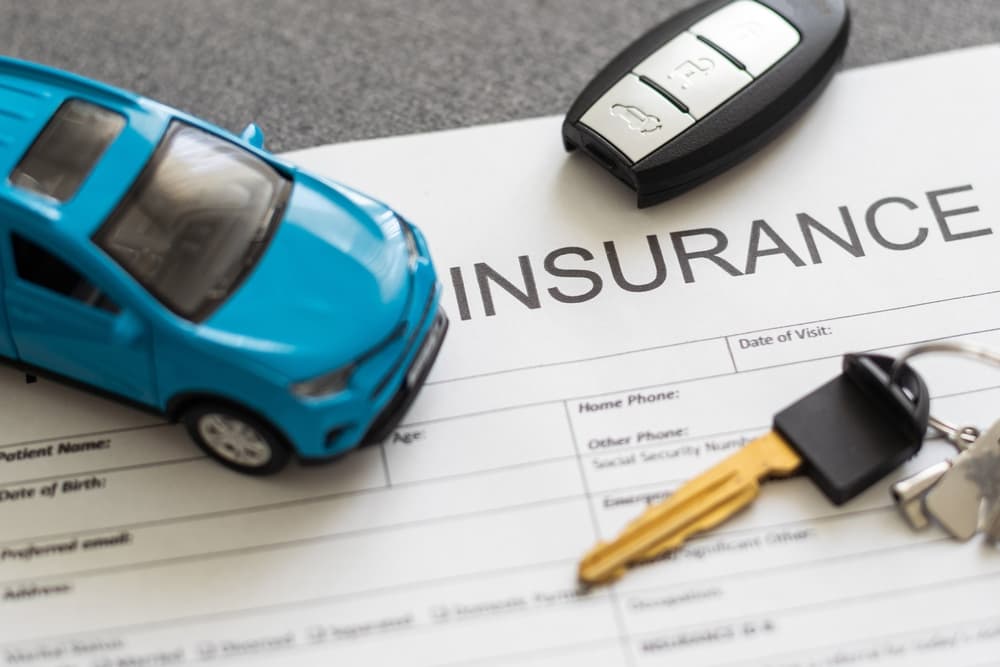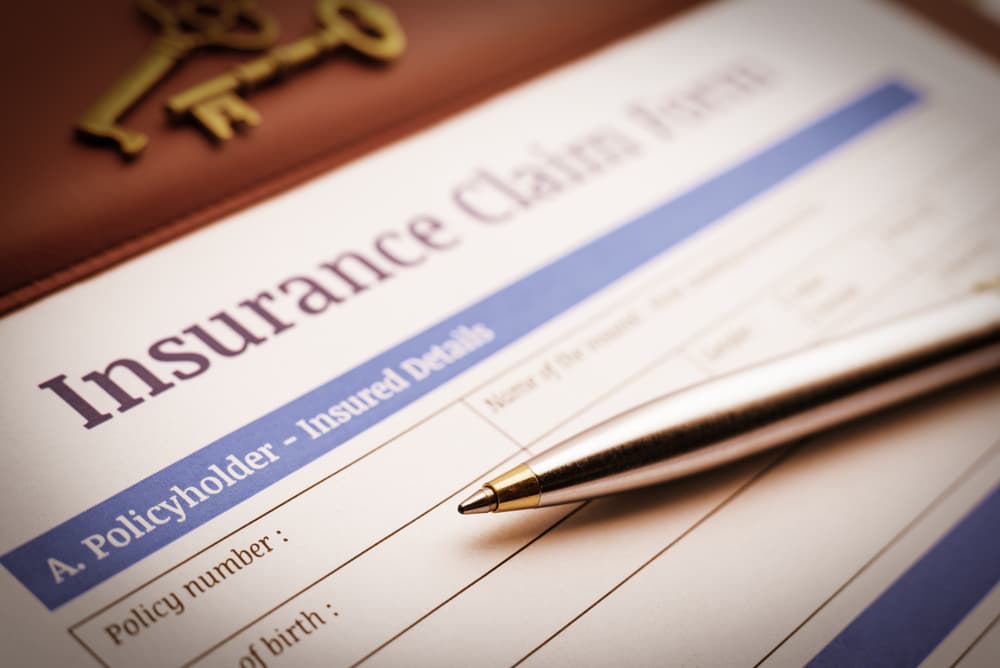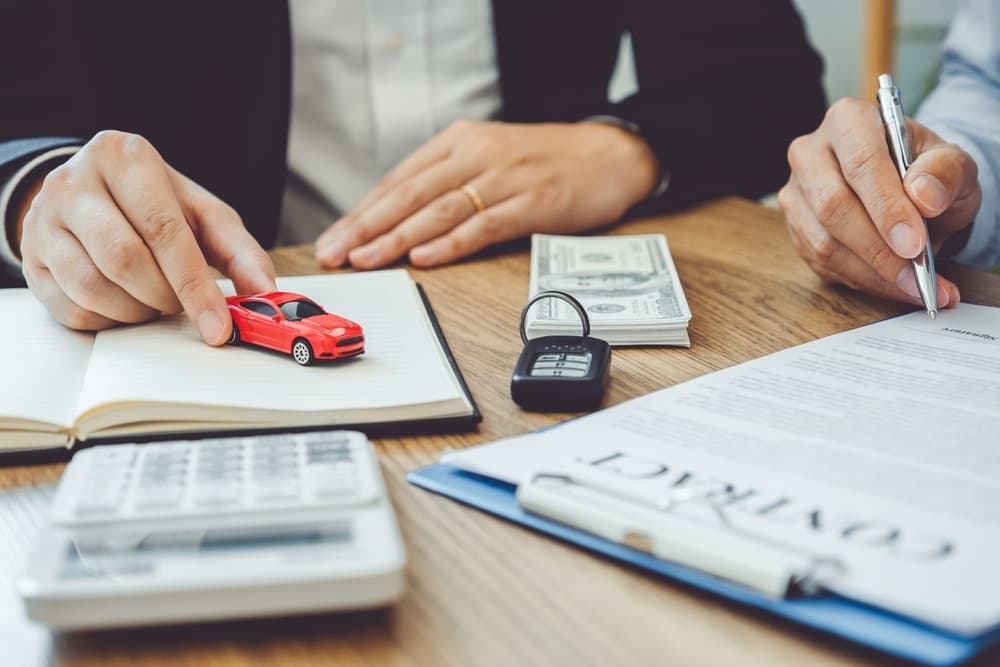When someone else causes a crash, you're left picking up the pieces. You’re hurt, your car’s wrecked, and bills start showing up. In the middle of all that, you start asking, what does liability insurance cover if you’re not at fault? It’s a fair question and one that can affect your ability to recover money for your injuries and losses.
Even when you didn’t cause the accident, the process of getting what you’re owed isn’t automatic. You’ll deal with multiple insurance companies, lots of paperwork, and some finger-pointing about who should pay for what. Knowing how liability insurance works in these cases helps you avoid delays and confusion and makes it easier to protect yourself.
Read on to learn about what happens after an accident when you're not to blame and how liability insurance plays into it. For specific advice regarding your case and to have an attorney help you obtain the compensation you deserve, contact a car accident lawyer near you for a free consultation.
What Is Liability Insurance and How Does It Work?

Liability insurance helps cover the costs when a driver causes an accident that injures someone else or damages their property. It’s not for the driver’s own medical bills or car repairs. Other types of insurance cover those. Instead, it’s meant to protect other people who are affected by the crash.
Think of it as a financial safety net. If you cause a wreck and someone gets hurt, your insurance steps in to cover those costs, up to your policy limits.
Types of Liability Insurance
Illinois drivers must carry liability insurance that includes two parts:
- Bodily Injury Liability (BIL): This part pays for medical expenses, lost income, and other related costs if someone else is injured because of your driving.
Illinois law requires minimum bodily injury coverage of:
- $25,000 per person injured in an accident
- $50,000 total per accident (no matter how many people are injured)
If someone needs $60,000 in medical care and your limit is $25,000, your insurance pays only $25,000. You may be personally responsible for the rest.
- Property Damage Liability (PDL): This part pays to fix or replace other people’s property, like vehicles, fences, or buildings, that were damaged in the accident.
Illinois requires a minimum of:
- $20,000 for property damage per accident
Let’s say you cause a crash and the other driver’s car is totaled. If the repair or replacement costs more than $20,000, your policy stops there, unless you chose higher coverage when buying your plan.
State Requirements
Illinois drivers must carry at least:
- $25,000 for bodily injury per person
- $50,000 for bodily injury per accident
- $20,000 for property damage per accident
This is often called 25/50/20 coverage. Drivers can, and often should, buy higher limits to avoid paying out of pocket if damages exceed those amounts.
How Liability Insurance Works in Illinois (An At-Fault State)
Illinois follows an at-fault insurance system, also known as a tort-based system. That means the person who causes the accident (or their insurance company) is responsible for paying damages.
Here’s how it works:
- You’re at fault: Your liability insurance pays for the other person’s injuries and property damage.
- Someone else is at fault: Their liability insurance pays for your injuries and vehicle damage, at least up to the policy’s limits.
How Claims Work with Liability Insurance in Illinois
Let’s say someone crashes into your car while you're stopped at a red light. You’re clearly not at fault. Here’s what typically happens:
- You file a claim with the at-fault driver’s insurance.
- Their insurance investigates the accident and confirms fault.
- Once fault is confirmed, their insurance pays your repair bills and reimburses your medical costs (up to their policy limits).
If the other driver’s insurance denies fault, delays payment, or the coverage isn’t enough, you might need to rely on your own policy or take legal action.
Whose Insurance Pays When You're Not at Fault?

Even if the other driver is clearly to blame, it’s not always their insurance that pays first, or pays enough.
The At-Fault Driver's Liability Insurance
If another driver caused the accident, their insurance should pay for your:
- Medical bills
- Lost wages
- Car repair or replacement
- Pain and suffering
Here’s the catch: Their insurance only pays up to the limits of their policy. If your losses exceed those limits, you may need to use your own insurance or file a lawsuit to recover more.
Your Own Insurance Options
Sometimes your own insurance fills in the gaps:
- Uninsured Motorist (UM) Coverage: Pays when the at-fault driver has no insurance.
- Underinsured Motorist (UIM) Coverage: Pays when the at-fault driver’s policy isn’t enough to cover your losses.
- Med Pay or PIP: Covers your medical expenses, regardless of fault. PIP is mandatory in some states, optional in others.
- Collision Coverage: Pays for damage to your vehicle, no matter who caused the crash.
What Types of Damages Can You Recover After an Accident?
Accidents bring real costs, financial, physical, and practical. Let’s look at the most common types of compensation.
Medical Expenses
You can recover money for:
- Emergency room visits and ambulance rides
- Hospital stays and surgery
- Follow-up doctor visits
- Physical therapy and rehab
- Medications and medical equipment
- Long-term or future medical care
Lost Income and Earning Capacity
If the accident stops you from working, you may claim:
- Wages or salary lost while recovering
- Sick or vacation days you had to use
- Future earning losses if you can’t return to your old job
Property Damage
This includes:
- Repairs or replacement for your vehicle
- Damage to personal items in your car, like laptops or phones
- Rental car costs while your car is being fixed
Pain and Suffering
These damages compensate you for how the accident affects your life:
- Physical pain and discomfort
- Emotional distress
- Reduced enjoyment of life
Calculating these losses can be harder than tallying up receipts. Insurance companies often use formulas to put a dollar value on your pain, but those numbers don’t always reflect the real impact.
What Happens If the At-Fault Driver Is Uninsured?
Not every driver on the road follows the law. When someone without insurance hits you, getting paid becomes harder, but not impossible.
Uninsured Motorist Coverage
If you have UM coverage, your insurance acts like the other driver’s insurance. It covers:
- Medical costs
- Lost wages
- Pain and suffering
Your policy will have limits, often the same as your liability coverage. Review your policy or ask your insurer to be sure.
Steps to Take
When hit by an uninsured driver:
- Call the police and file a report.
- Get the other driver’s information (if they provide it).
- Take photos and gather witness contact info.
- Tell your insurance company quickly. Many policies have short deadlines.
- Keep all medical and repair records.
Can the Insurance Company Deny My Claim Even If I'm Not at Fault?

Yes, an insurance company can still deny your claim, even when the accident clearly wasn’t your fault. It’s frustrating, but it happens more often than most people expect. Just because another driver caused the crash doesn’t mean their insurer will automatically agree to pay your damages.
Insurance companies don’t work for you. Their goal is to limit payouts and protect their bottom line. Even if the facts seem obvious, adjusters might look for ways to avoid covering the full cost, or any cost at all. Knowing why claims get denied and how to respond helps you avoid delays or missed compensation.
Common Reasons for Claim Denials
Insurers use several tactics and justifications to avoid paying out. Here are some of the most common:
- Disputed Liability: The insurance company might claim their policyholder wasn’t fully, or even partly, to blame. If the insurer can shift even a small percentage of blame onto you, they might lower your payout or deny the claim altogether.
- Policy Exclusions: Every policy has fine print that lists certain exclusions. These might include:
- The driver was using the vehicle for business purposes
- The car was driven by someone not covered under the policy
- The accident happened while committing a crime
If the crash falls under any of these exclusions, the insurer may refuse coverage.
- Coverage Limits: Even if the insurer agrees to pay, they’re only required to pay up to the policy’s limits. If your total losses exceed that limit, the rest of the financial burden falls on you, unless you have your own coverage to make up the difference or take legal action against the at-fault driver.
- Late Reporting: Most policies include time limits for reporting accidents. If the insurer claims that the accident or injury wasn’t reported quickly enough, they might deny the claim. Delays in seeking medical care or repairs can also raise red flags, giving the insurance company an excuse to question whether your losses were related to the accident.
How to Fight a Wrongful Claim Denial
If you believe your claim was unfairly denied, you’re not out of options. You can take steps to push back and demand what you're owed.
Start with a Written Request
Ask the insurance company to provide a written explanation for the denial. They’re required to tell you why they denied the claim and what part of the policy supports their decision.
Gather Supporting Documents
You’ll need strong evidence to support your side. This can include:
- Police reports
- Photos of the scene and damage
- Witness statements
- Medical records
- Repair estimates
- Written communication with the insurer
Organize everything clearly and keep copies of everything you submit.
File an Appeal
Most insurance companies have an internal appeals process. You’ll usually need to submit a formal letter, attach your supporting documents, and explain why the denial was wrong. Stick to the facts and be specific.
Talk to a Car Accident Lawyer
If the insurance company keeps stonewalling or lowballing your claim, a personal injury attorney can step in. Legal representation sends a message that you’re serious, and insurers know they risk going to court if they don’t deal fairly. A lawyer can review the denial, handle negotiations, and, if necessary, file a lawsuit on your behalf.
Why Do Insurance Companies Offer Low Settlement Amounts?

Settling quickly saves insurers money. That’s why the first offer often doesn’t come close to covering your actual losses.
Insurance Tactics
- They make low offers, hoping you’ll accept before realizing the full cost of your injuries.
- They say your injuries aren’t serious or were pre-existing.
- They downplay repair costs or use cheap parts for fixes.
Spotting a Fair Settlement
A proper offer should include:
- All current and future medical bills
- Lost income
- Pain and suffering
- Full vehicle repair or replacement
If it doesn’t, it’s worth pushing back. You have the right to ask for more.
How Can a Personal Injury Attorney Help with Your Claim?
When you’re up against an insurance company, a personal injury lawyer can step in and fight for what you’re owed.
Case Evaluation
- Identifies all responsible parties
- Calculates the full value of your damages
- Finds additional sources of compensation (like umbrella policies or third parties)
Dealing With Insurers
- Knows how adjusters work
- Handles all calls, letters, and negotiations
- Pushes for the highest possible payout
Litigation When Needed
- Files a lawsuit when insurers drag their feet or refuse fair offers
- Prepares your case for trial
- Often secures better results through formal legal action
Contingency Fees
Most personal injury lawyers only get paid if they recover money for you. This approach means no upfront cost, and no risk if your case doesn’t result in a payout.
Time Limits for Filing Claims
Deadlines can sneak up fast after a crash.
- Statute of limitations: In Illinois, you usually have 2 years to file a personal injury claim and 5 years for property damage.
- Policy deadlines: Your insurance may require notice within days or weeks.
- Acting quickly helps preserve evidence and avoid missing out on recovery.
Common Questions About Liability Insurance Coverage
Will my rates go up if I file a not-at-fault claim?
In most states, insurance companies can't raise your rates just because someone hit you. However, if you use your own coverage (like Med Pay or collision), it could affect your record depending on your insurer's policies.
How long does it take to settle?
Many claims settle within a few months, but more serious cases may take a year or longer. Things that can slow down the process include medical treatment delays, disputes over fault, or disagreement about the value of your losses.
Can I recover damages if I was partly at fault?
Yes, in many states. Illinois uses a modified comparative negligence rule. If you're less than 50% at fault, you can still recover damages, but your award will be reduced by your percentage of fault.
Contact Our Car Accident Lawyers Now
At Abels & Annes, P.C., we’ve helped people just like you recover money after being injured in a crash. Insurance companies don’t always play fair, but we know how to deal with their tactics. You won’t pay anything upfront, and we only get paid if we recover money for you.
Contact us today for a free consultation. Bring any accident reports, medical records, bills, and photos. We’ll review your case and explain how we can help you move forward.
Let us deal with the insurance company so you can focus on getting your life back.
